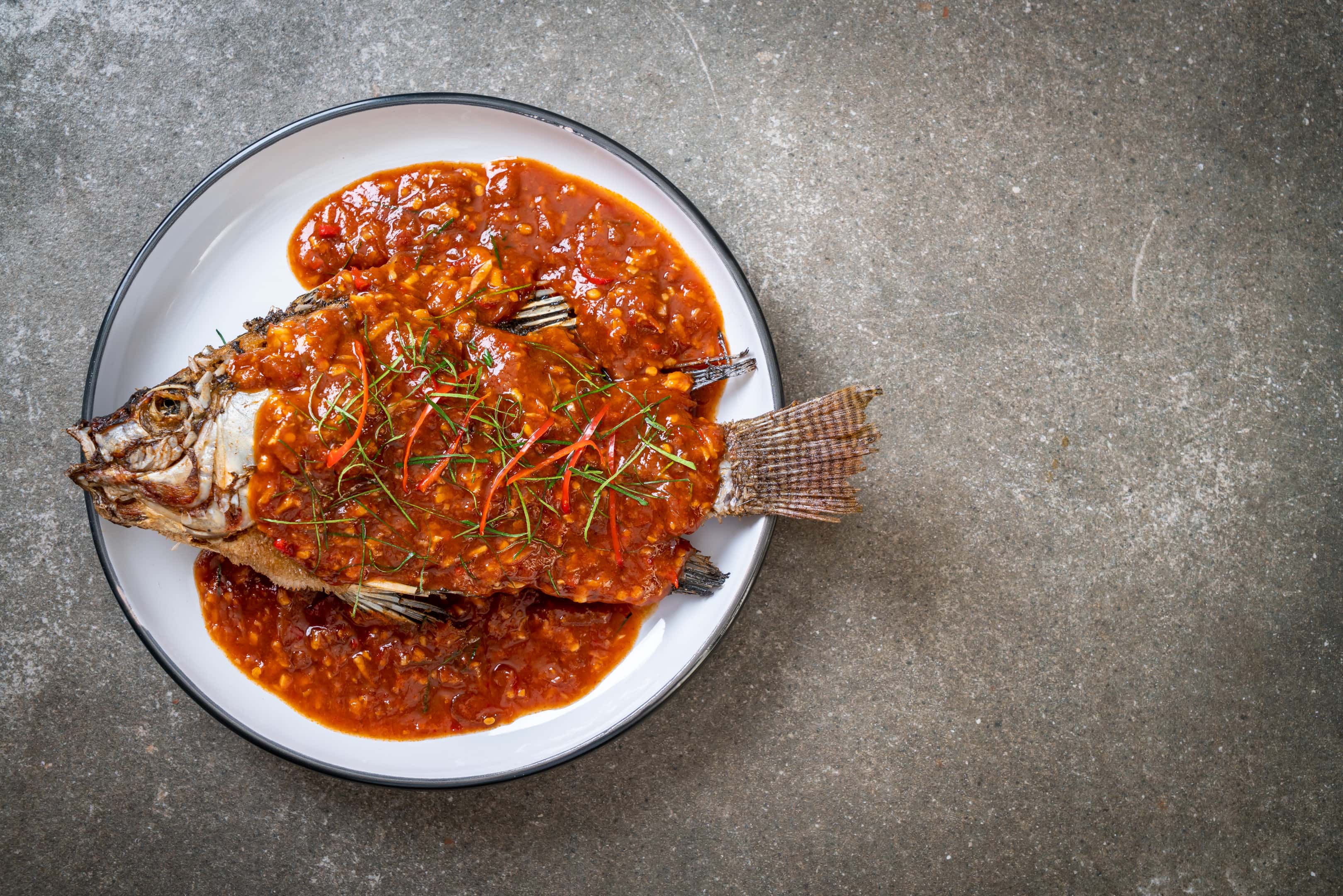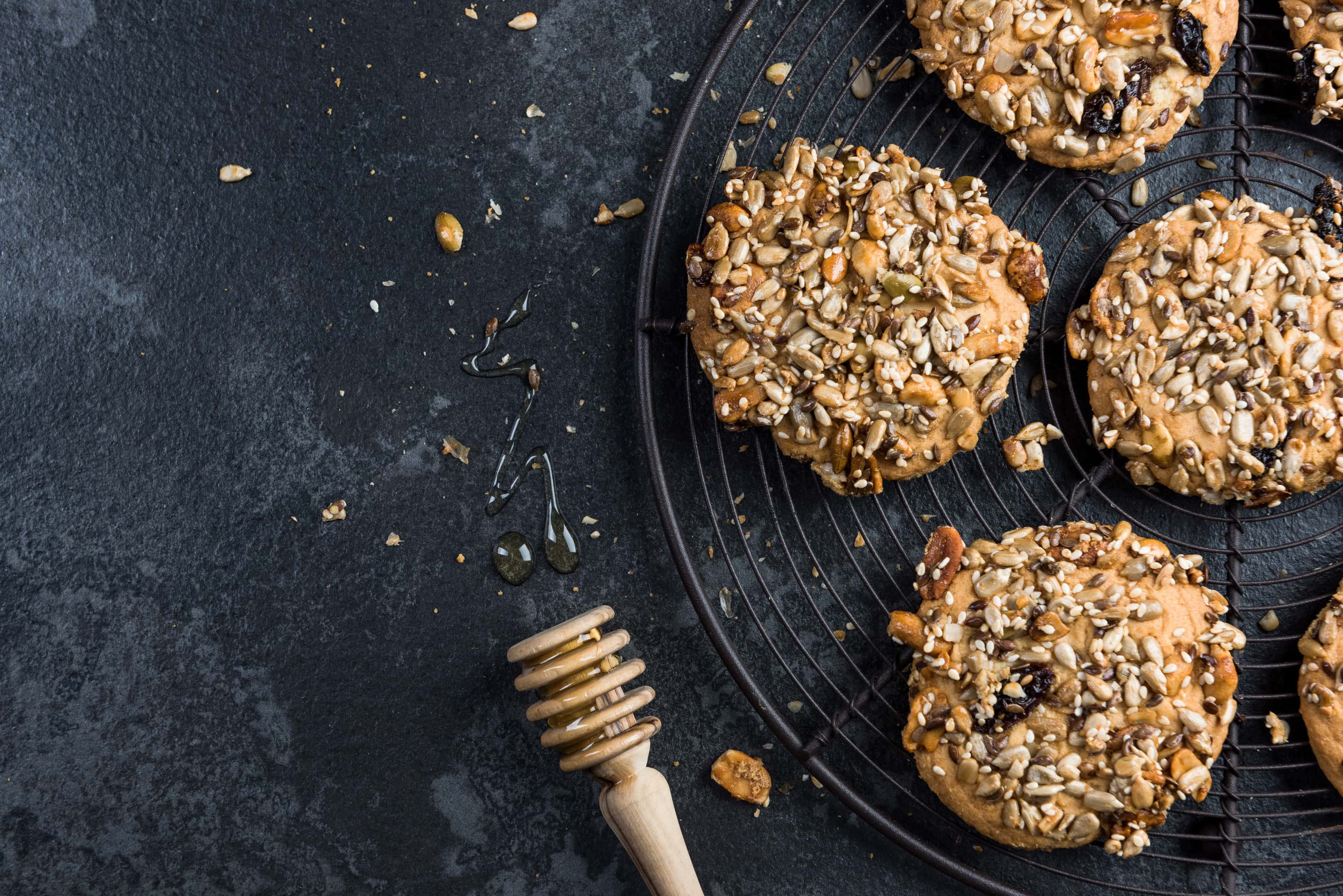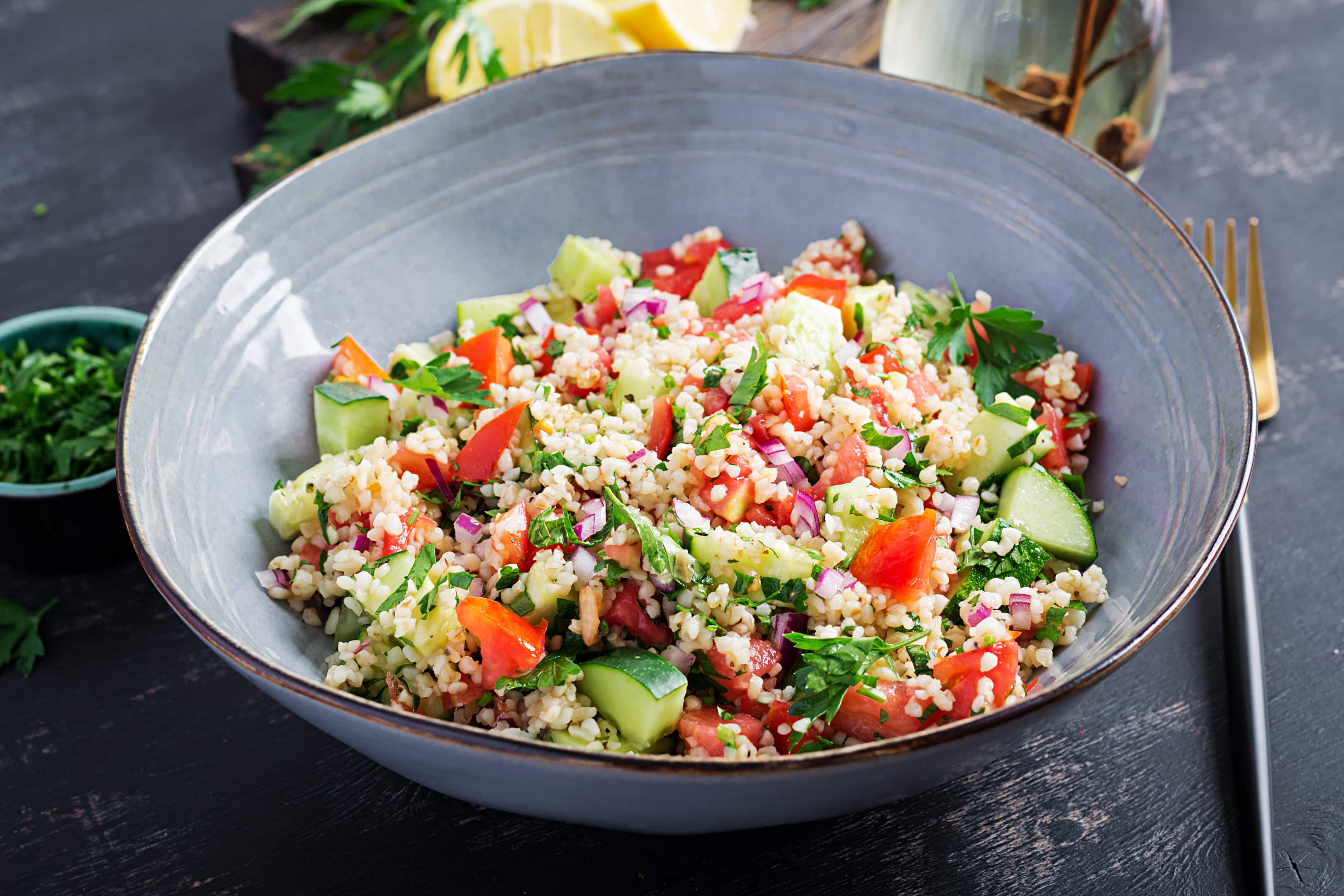Key takeaways
- The post explains what O negative blood type means (including the Rh factor) and why type O is often called a “universal donor” blood type.
- It outlines the idea behind “blood type diets” (as described by D’Adamo) and frames O blood type as best suited to a “hunter-gatherer” style eating pattern.
- It lists food categories it recommends for an O negative blood type diet—animal proteins, nuts/seeds, specific vegetables, fruits, and spices/condiments—plus a few beans it calls “advantageous.”
- The conclusion notes that some people report positive results, but the post also cautions that this doesn’t guarantee the approach will work well for everyone.
Contrary to most opinions that suggest that blood types do not matter when it comes to food consumption, the actual fact is that your blood type is an important marker that plays an important role in the diet. Blood types are not just important for blood transfusion; they can ultimately help promote overall well being. Embracing a diet that is suitable for your blood type can garner you a better understanding of your metabolism. This is why blood types play an important role in determining what kind of foods should be avoided or eaten.
It is known that diverse blood types might make people more prone or less prone to certain health conditions. For example, a study carried out in 2019 stated that people with blood type A and AB have a higher tendency of developing gastric cancer than other blood groups. Another research implied that people belonging to any of the blood groups A, B, or AB are at an increased risk of developing coronary heart disease. This is to show that blood groups are important and diets for them should not be overlooked.
The O negative blood group
The presence of A or B antigen, one of A or B antigens, or neither of the antigens determines your blood type. Being a negative or positive blood type is determined by whether the person’s blood has a certain protein or not. This is why we have different blood types: B+, B-, A+, A-, O+, O-, AB+, and AB-. If a person has the O negative blood type, it means that their blood is both missing B and A antigen and does not contain the protein that can make it qualify for a RH positive blood.
O is commonly referred to as the universal blood type, and it is frequently used for blood transfusions when the person’s blood group is unknown. This blood type is like a ‘lifesaver’ because it is regularly used in cases of emergency, surgery, trauma, or any situation at all, where a victim’s blood group cannot be quickly detected. However, although it can be used during transfusions for diverse blood types, someone with the O negative blood type can only receive this same type of blood. The O negative blood type, although widely appreciated for its versatility, is however unique and scarce as only a few people in the world possess this universal donor blood type.
O negative blood type and diet
The chemistry between diet and blood types as propagated by D’ Agamo, a naturopath who is a strong supporter of blood type diets, suggests that a chemical reaction happens when blood comes in contact with certain types of food, specifically with the protein lectin. This protein can be found in different foods and it has a powerful effect on the digestive tract and blood. Lectin can attach to cells inside the body causing these cells to be clustered, which can ultimately lead to disruptions of the hormones. Different blood groups react differently to certain types of foods and the lectins present in them. This is why Dr. D’Adamo proposed that blood types should be taken into consideration when embracing a diet — hence, the blood types diet.
Generally, type O blood type survives better on the ‘hunter-gatherer diet’ as suggested by D’Adamo. The hunter-gatherer diet imitates the pattern of eating of the earliest humans who existed during the Stone Age; they traveled from place to place, hunting animals and consuming edible plants. This diet suggests that people with blood type O should consume fish, nuts and seeds, lean meats, vegetables, and fruits. However, foods like dairy, alcohol, legumes, caffeine, and grains should be removed from the diet.
Foods for O negative blood type diet
1. Animal-based protein

The first kind of food that is recommended for people with O negative blood type is animal-based protein, such as meat and fish. They are an important source of protein and can also provide other nutrients like B vitamins, iodine, zinc, and Iron. Consuming meat can improve bone strength, boost brain function, help heart health, aid the maintenance of muscle strength and help control the level of blood sugar. Consuming meat when embracing the O negative blood type diet includes the consumption of animal products like mutton, cod, veal, beef, lamb, and venison. Fish contains an awesome amount of omega-3 fatty acids and diverse vitamins like B2 and D, which can ensure many health benefits like the reduction of heart attacks and strokes, support for eye and brain development, treat and prevent depression, and lower the chances of developing an autoimmune disease. People with O negative blood type can consume herring, cod, mackerel, and cold-water fish. However, they should generally avoid smoked salmon, barracuda, pork, conch, bacon, caviar, and ham.
2. Nuts and seeds

This is another type of food suitable for the O negative blood type diet. Nuts and seeds are incredible sources of protein and contain nutrients that include manganese, copper, selenium, vitamin E, fiber, and phosphorus. They are well-loaded with advantageous antioxidants that can help combat free radicals thereby limiting the risk of cell damage. As they contain fiber, consuming nuts can help with weight loss. Other benefits of nuts and seeds include the ability to decrease cholesterol levels, aid in the reduction of inflammation, decrease the levels of triglycerides in obese people, and lower the risks of stroke and heart attack. Nuts that should be consumed include almonds, hazelnuts, walnuts, and pumpkin seeds. However, with the O negative blood type diet, one should avoid certain nuts and seeds like peanuts, cashews, and poppy seeds.
3. Vegetables

People with O negative blood type can also consume certain vegetables, such as garlic, tomatoes, onion, parsley, red peppers, pumpkin, turnips, seaweed, parsnips, horseradish, okra, artichoke, chicory, and dandelion. These vegetables contain zinc, phosphorus, selenium, copper, and folate. They can aid the reduction of blood pressure, decrease the chances of developing heart disease, and help lower blood sugar by aiding the control of diabetes. However, even though people with O negative blood type can tolerate most types of vegetables, it is recommended that they should eat less or totally avoid certain types of vegetables. These types of vegetables include fermented olives, mustard greens, eggplant, alfalfa sprouts, and leek.
4. Fruits

Fruits can provide a truckload of benefits for the body because they contain antioxidants that help boost overall health. Such benefits include combating cancer, reducing risks of certain diseases like diabetes and heart diseases. They are also low in calories and fat thereby preventing unwanted weight gain. Although fruits are generally beneficial to everyone’s health regardless of blood group, there are certain types of fruits that people with O negative blood type should consume less. Such fruits include melons, avocado, tangerines, blackberries, oranges, rhubarb, coconut, and strawberries. These fruits should instead be replaced with more suitable foods like plums, figs, prunes, cherries, grapefruit, lemons, raspberries, bananas, and papayas.
5. Condiment and spices

Condiments and spices are used to add sweet and incredible flavors to different dishes. Spices are aromatic and are usually part of a plant; they can be the seed, root, bark, or bud of a vegetable or flower. On the other hand, condiments are ingredients used in the preparation of dishes, i.e. mustard, pickle, or salt. However, one similar thing about both spices and condiments is that they make your food taste good. Nevertheless, not all condiments and spices can be used in cooking when you are adopting the O blood type negative diet. Utilize more iodized salt that is great for regulating blood pressure and hormones; parsley that contains diverse antioxidants and antibacterial properties; cayenne pepper, which can boost digestion and ease congestion; kelp-based seasoning which can help combat free radicals; and curry which can help eliminate Alzheimer’s disease and cancer. However, avoid condiments and spices like capers, vinegar, nutmeg, vanilla, mayonnaise, relish, corn syrup, and cinnamon.
Other types of foods that can be included in an O negative blood type diet include certain advantageous beans like black-eyed peas, pinto beans, and adzuki beans.
More blood type diet guides
Want another blood type? Here are our other blood type diet guides:
- A positive blood type diet
- A negative blood type diet
- B positive blood type diet
- B negative blood type diet
- AB positive blood type diet
- AB negative blood type diet
- O positive blood type diet
Conclusion
While many people have gained positive results utilizing the information that supports adopting a blood type diet, this does not generally mean that it works excellently and can work for everybody. The truth is there are diverse diets out there and they work differently for everyone. While some people might do well with consuming lots of plants, others may thrive better eating a lot of animal-based protein like the O negative blood type diet. This is why it is very important to find out which kind of diet suits your metabolism.






